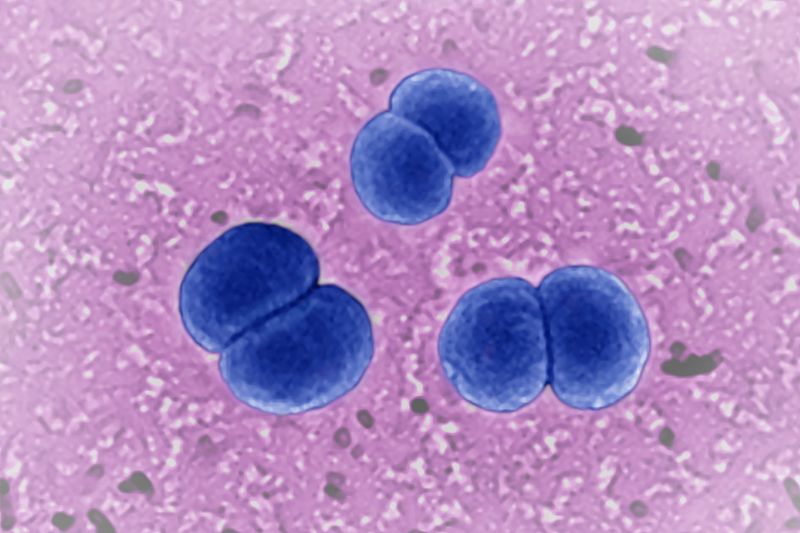Health officials are alerting doctors to be on the lookout for certain types of rare, serious meningococcal infections that are on the rise in the United States.
The US Centers for Disease Control and Prevention said in a new health alert that these infections, which are caused by a certain strain of Neisseria meningitidis bacteria, may present with unusual symptoms. In the cases identified so far this year, about 1 in 6 people have died, a higher fatality rate than they typically see with meningococcal infections.
These cases are also unusual because they are striking middle-aged adults. Typically, meningitis infections strike babies or adolescents and young adults.
The CDC’s alert comes after the Virginia Department of Health warned about five deaths from the same rare, serious form of meningococcal disease in September.
Meningococcal disease refers to any sickness caused by Neisseria meningitidis. The infection can lead to both meningitis and a serious infection of the bloodstream called septicemia, or blood poisoning.
The bacteria can spread from person to person through the exchange of respiratory and throat secretions, and typically occurs via kissing, coughing, sneezing or living in close contact with others who are infected.
There are four different groups of meningococcal bacteria known to circulate in the United States — B, C, W and Y. The CDC says that in 2023, there were 422 cases of disease caused by these bacteria reported in the United States, the highest number reported since 2014. Most of them were caused by a particular strain, ST-1466, which is in the Y subgroup.
So far, 2024 is on track to top that number. To date, 143 cases have been reported in the United States — almost 80% more than had been reported at the same point in 2023.
The CDC says most people being diagnosed with this particular are adults ages 30 to 60. A disproportionate number of cases, 63%, are among Black people and 15% are in people who have HIV.
Typical symptoms of meningitis infections include fever, headache, a stiff neck, an aversion to light and nausea. Many of the recently reported cases don’t have these symptoms. About two-thirds of patients have bloodstream infections, about 4% have had painful, infected joints.
Symptoms of meningococcal bloodstream infections include fever and chills, fatigue, vomiting, cold hands and feet, rapid breathing, diarrhea and in later stages, a dark purple rash.
Initial symptoms can look like a lot of different infections, but they get worse quickly and may become life-threatening within hours, the CDC said. Immediate treatment with antibiotics is critical. Survivors may have long term effects such as deafness or amputations of the arms and legs.
There is a vaccine that protects against bacterial meningitis. It is recommended for children ages 11 to 12, and because protection wanes, a booster is usually given at age 16. It’s also recommended for people with certain medical conditions that compromise immune function, like HIV. The CDC says people in vulnerable groups should get boosters of this vaccine every 3 to 5 years.

